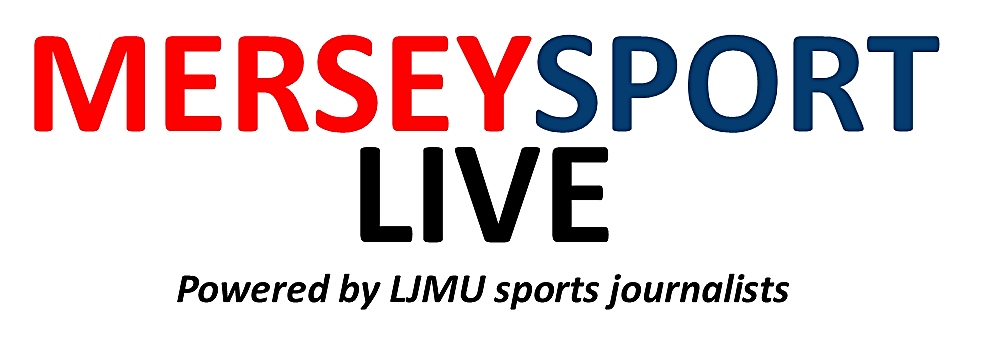Human rights organisation Amnesty UK is calling on the English FA to be more vocal in raising awareness of related issues at the Qatar 2022 World Cup.
Norway, Germany and the Netherlands have made a stand against human rights issues that have been reported in connection with the tournament.
Yet the English FA is still to add their voice to the cause.
Players of such nations were seen raising their concerns with T-shirts worn before the latest round of international fixtures.
Joshua Kimmich, the Bayern Munich and Germany midfielder, has suggested that wider football needs to take the opportunity and “use our publicity to raise awareness” about the issues.
Joachim Lowe, the Germany manager, also added his players had made an “important statement”.
Since then, The Guardian has reported that 6,500 migrant workers have died since the awarding of the competition to Qatar in 2010.
On average, this means 12 migrant workers have died every week since 2010, with these numbers believed to be higher due to lack of records from specific countries and less data for 2020.
Despite these ongoing issues surrounding the tournament, the English FA have been staggeringly quiet.
They haven’t demonstrated like Germany, Norway or Holland’s respective football associations.
Instead, they have stood back and failed to raise awareness of the tragic events that have unfolded over the years.
Ella Knight, a specialist in human rights issues for Amnesty UK, told Merseysportlive why the English FA must do more to raise awareness of the issues and the positive impact that they could have if they did so.
She believes English FA, among others, have “largely shied away from publicly scrutinising FIFA or Qatar” despite having a responsibility under human rights standards to aid the prevention of such violations.
“As bodies that through their business relationships with FIFA, profit financially from revenues generated by the World Cup, FAs have a responsibility under international human rights standards to use their leverage to prevent human rights harm to which they are linked,” Knight said.
Yet so far, the English FA have failed to be proactive or vocal surrounding the situation despite Amnesty UK saying their impact could be so beneficial.
“To help change things for the better they (the FA) really need to use their influence with these actors and speak out.
“We can’t stress enough the importance of being vocal about the human rights situation and using all available means to shed light on these issues.”
If the FA overtly added its backing to the cause, it could help bring the issue into the public consciousness.
Former footballers, pundits, the media and football associations can help elevate the conversation into the mainstream footballing dialogue.
“Hearing international football players and pundits talk about these issues on their huge platforms can be really influential to engage fans in the issues,” Knight said.
For as good as private conversations are and greater awareness is, Knight stressed the need for “on the ground action” that is backed by “public expression of concern” to which “the FA’s are well placed to do” given their existing relationships with FIFA and Qatar.
Knight goes on to discuss how the FA must be careful not to inadvertently contribute further with their attendance at the tournament.
“FAs also have a responsibility to make sure that their operations – in this case sending their football teams to Qatar – do not cause or contribute and are not linked to further human rights abuses related to their participation in this World Cup.”
It would be “welcomed” by Knight and Amnesty UK if FAs like England’s instead used the opportunity of the World Cup stage to “proactively and publicly shed light on the ongoing abuse of workers in the country”.
Therefore, alongside other countries, they must use their influential voice to promote discussions, raise awareness and back subsequent action against human rights violations in football.
Knight made sure to note that Amnesty UK has never been against the World Cup being held in Qatar calling it a “really exciting moment for the region” and a “very special moment for the people there”.
But as with all mega sporting events and World Cups, they must be delivered in a way that protects human rights.
The FA have a responsibility as participants of the tournament to add their voice to help raise awareness moving forward.
They must do this hastily as the “window of opportunity is running out fast” and that migrant workers will continue to suffer “long after the FA’s have left”.














